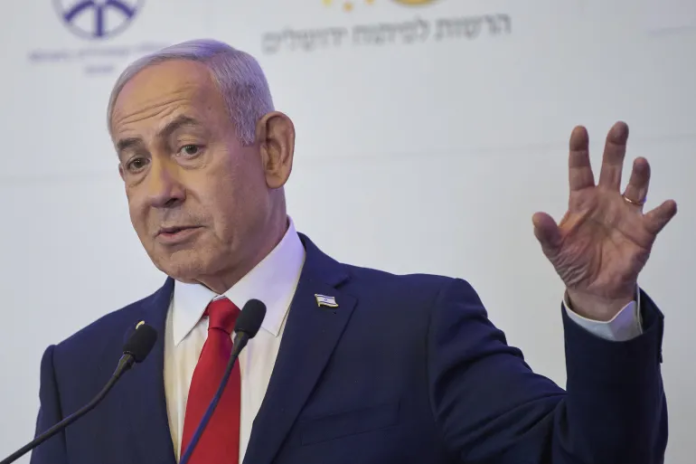Former Italian Prime Minister Giuseppe Conte strongly criticised Europe for its inaction amid confirmation by Israeli Prime Minister Benjamin Netanyahu of plans for a full-scale military occupation of the Gaza Strip.
Netanyahu’s war cabinet is poised to approve a comprehensive occupation of Gaza, expanding military operations into every corner of the 141-square-mile territory, including zones where Hamas allegedly holds hostages.
Israeli media reported the decision was finalised, with one senior official declaring, “Hamas won’t release more hostages without total surrender, and we won’t surrender. If we don’t act now, the hostages will starve to death and Gaza will remain under Hamas’s control.”
The Palestinian Ministry of Foreign Affairs urgently called for international intervention to block the offensive, branding it a potential war crime.
This escalation unfolds against a grim backdrop: over 60,930 Palestinians killed, including 18,430 children, according to Gaza health authorities. At least 74 Palestinians died in Israeli strikes on Monday alone.
Conte’s fury: “Champions of cowardice”
Conte, leader of Italy’s opposition Five Star Movement (M5S), slammed European leaders for enabling Netanyahu:
“They let him exterminate over 60,000 Palestinians, they let him kill 18,000 children, they let him starve an entire population. Now Netanyahu lets us know that he is occupying Gaza. And they let him do it, always. Still,” he wrote on social media platform X.
Italy’s former PM reserved special contempt for incumbent Prime Minister Giorgia Meloni, accusing her government of rewarding Israel with ongoing agreements while blocking sanctions, arms embargoes, and recognition of Palestine.
His rage is not new. In April, he praised Pope Francis as “brave” for condemning the war amid “so much cowardice.” Months earlier, he confronted Meloni in parliament after she refused to stand during his call for a symbolic gesture against Gaza’s suffering.
Italy’s contradictory stance
Despite suspending new arms exports to Israel in October 2024, citing constitutional obligations banning weapons sales to human rights violators, the Meloni government quietly renewed a secretive 2002 military cooperation agreement with Israel in June 2025.
The deal, shrouded in “military secrecy,” facilitates arms procurement, training, and industrial collaboration. Legal scholars challenged its renewal, noting the International Court of Justice had deemed Israel’s occupation illegal and cited “plausible” genocide in Gaza.
Meloni also rejected recognising Palestine, insisting it would be “counterproductive without there being a state of Palestine.” Foreign Minister Antonio Tajani echoed this, stating, “Today it is impossible for us to recognise Palestine because Palestine doesn’t exist.”
Meanwhile, France’s decision to recognise Palestine in September, making it the first G7 nation and UN Security Council permanent member to do so, has intensified pressure on holdouts like Germany, Italy, and Austria.
Some EU states now recognise Palestine, but key powers resist. Germany insists recognition must follow negotiations, not precede them. Austria fears it would “legitimise non-state armed groups” and destabilise the region. Estonia cited Hamas’s “barbarity” as a barrier.
As Netanyahu vows to fight until Hamas is destroyed and hostages freed, ignoring rare criticism from Israel’s own security establishment, families of captives warn that occupation will be a death sentence.
